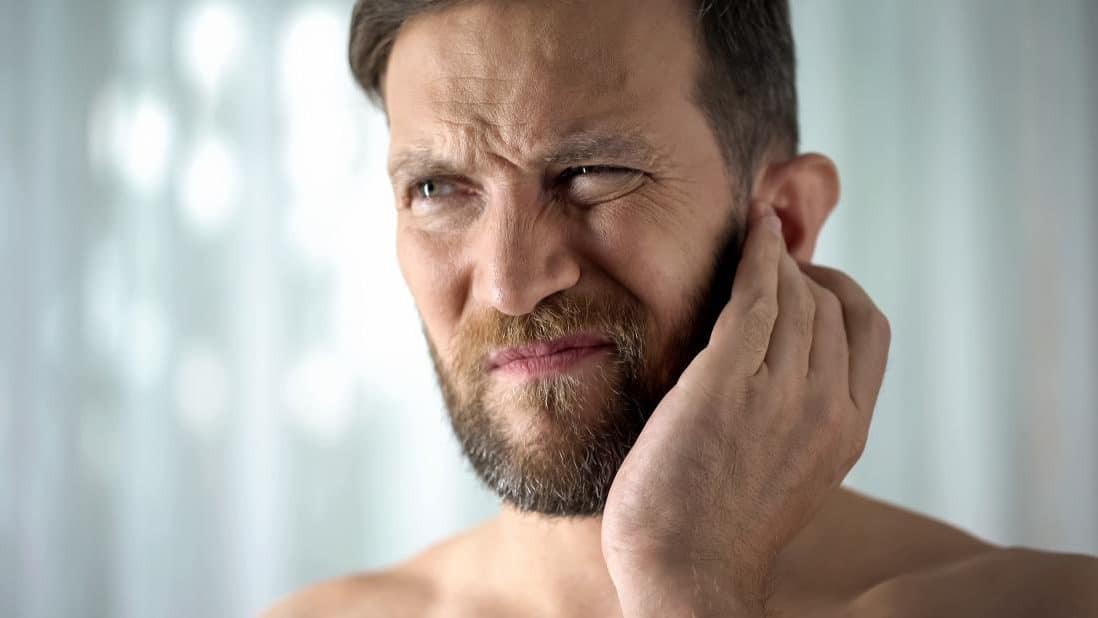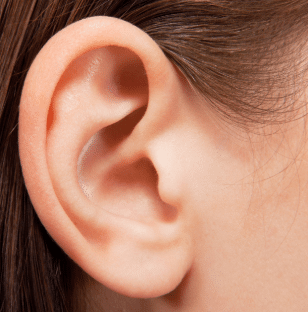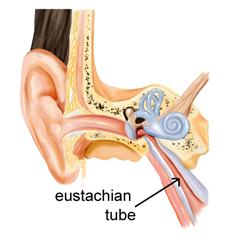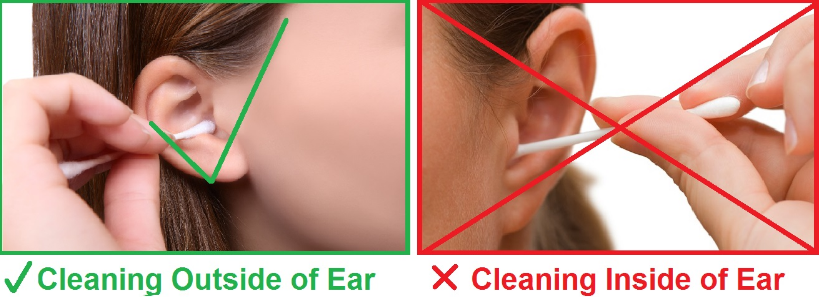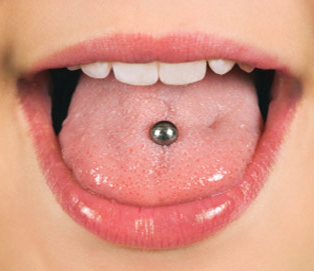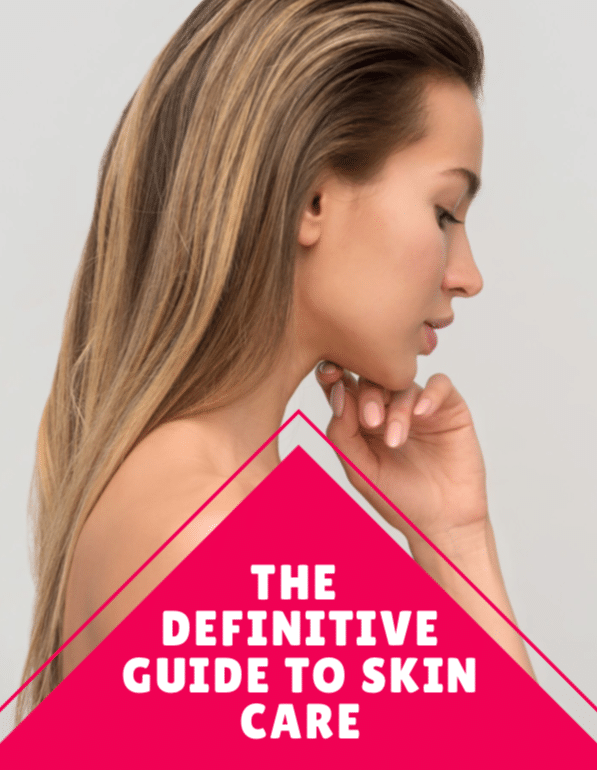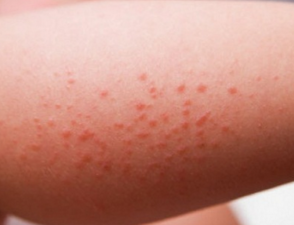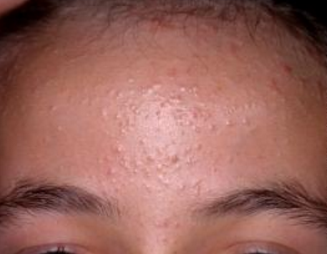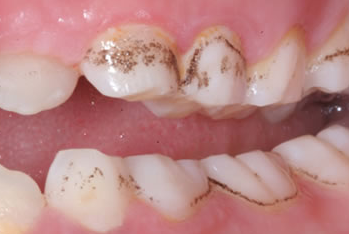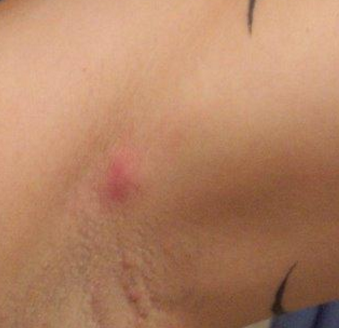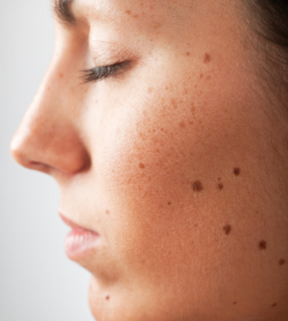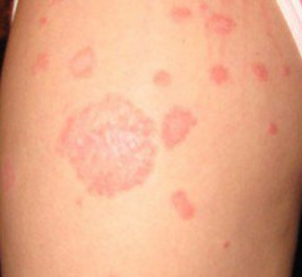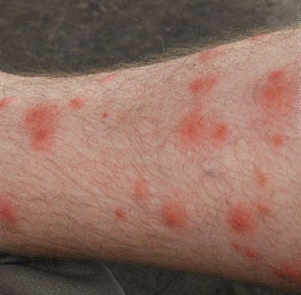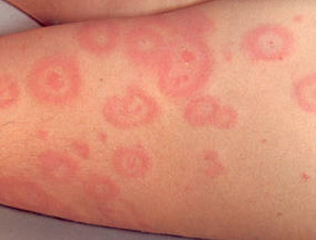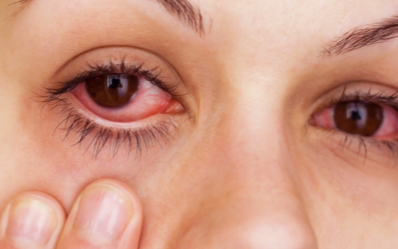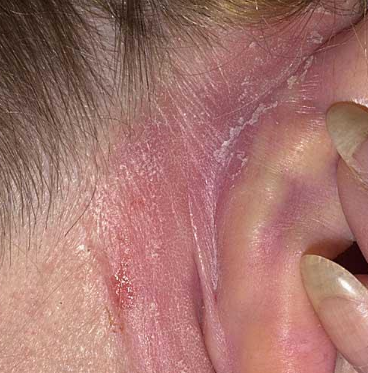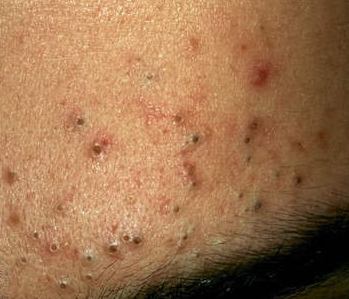What causes itchy ear canal? A look at the itchy inner ear, canal, inside and the wet or dry throat, Eustachian tube, wax and home treatment
Itchy Inner Ear
An itch occurs when the nerve endings respond to an external stimulus. This is similar to when the body is responding to some pain and by that you get the feeling to scratch an itch.
An ear is a body organ that is designed to detect and amplify sounds. The ear has many nerve endings thus making it one of the most sensitive parts the human body. This makes the ear most prone to itching.
Some of common causes that makes itchy inner ear are:
Ear Infection – the two common ear infections that can cause someone’s ear itchy are Otitis media and otitis externa. The Bacteria can burrow into the ear’s sensitive skin of the ear canal thus triggering an infection and this may leads to the swelling, itching and pain in the ear.
Ear Canal Dermatitis – This is an infection of the skin in the inside or around the ear canals. The skin may become red in colour and swollen resulting to a itching.
Bugs – If a bug travels into ones ear when asleep, it can get trapped in the ear by the ear wax. This can cause irritation, itching, and sometimes a buzzing sound as the bug tries to get out of the ear.
Injuries – When you have an itchy inner ear, do not to insert a cotton swab, fingertip, or a key into the itchy ear canal. This may scratch the inner skin and can lead to an infection that can only make the ear worse. Itching problem may be caused by the scratch when inserting something into your ear.
Hearing Aids – When someone uses a hearing aid, it can cause some water to get trapped inside the ear. This may increase the risk of bacterial infection in the ear. The ears may have an allergic reaction to the hearing aid and this may lead to swelling and a rash.
And if the hearing aid is not fitted properly to the ears, it may place some pressure on the ear canal and lead to damaging of the skin and itching.
What to do for itchy inner ear;
- Lotion
Lotion can help in moisturizing a dry skin and preventing it from flaking and itching. Soothing gel can also do the same but one has to make sure that it’s formulated for use in the ears.
- OTC ear drops
This can be gotten from pharmacy and can help to deal with minor infections and irritations in the ear. If the itch is caused by an allergic reaction or an environmental cause, then the ear drops can deal with the problem.
- Oil
Few drops of Warm olive or vegetable oil and placed into the ear can help to moisturize and hydrate the skin of the ear canal, and this can reduce the irritation of a rash or an infection.
- Hydrogen peroxide
If the itch is as a result of an infection, hydrogen peroxide can be a good way to get rid of the bacteria that causing the problem. Put some few drops into the ear and let it bubble away. If may feel some pain or discomfort, that can be a sign of an infection.
- Water and alcohol
Dilute some rubbing alcohol with slightly warm water. Using a soft syringe, squeeze a few drops into the ear. This mixture will kill any bugs in the ear and also flush out the debris thus getting rid of the bacteria that may cause infections.
If the itchy inner ear condition persists, get to the doctor and get the ear checked out. It will ensure that the problems are detected early and prevented from developing into complications or worsening into more serious infections.
How to Prevent Itchy Ears
- Never insert anything in the ear
it feels may feel wonderful to have an itchy inner ear or cleaning your ears using a car key, pen or cotton swab, but that will increase the risk of getting an injury. Therefore one should avoid inserting objects into the ear, and instead use the finger to scratch any itches in the ear.
- Use of anti-allergenic jewelry
You have to make sure that any jewelry you are using should not cause an allergic reactions when using. For example the gold, silver, palladium, platinum or titanium earrings.
- Use a cotton ball
When swimming or taking a shower, place cotton balls in the ears. This will prevent water and soap from entering the ear canals thus reducing the risk of infections.
- Clean your ears
Good cleaning of the ears may deal too with a bad itch. Excessive ear wax will always make your ears to itch so badly. Getting rid of the wax can help in reducing the risk of infection and clogs too.
- 5. Wait until your ears are dry
One should let the ears to dry first before inserting the hearing aid in it. If there is water inside the ear canal, the hearing aid will keep it trapped inside thus making it prone to developing an infection or causing an irritation.
- Avoid irritants
If your skin lotion, soap, conditioner, shampoo, or bubble bath gel is causing an irritation to the ear canal, avoid them. One has to use only products that cannot have an irritation to the skin or the ear.
- Reduce exposure to allergens
By closing the windows, it keeps out dust, insects, pollens, and anything that can cause an irritation to the ears. If one suffer from allergies its recommended he/she uses antihistamines so as to keep them under control.
Itchy Ear Canal
An itch in the inner ear can be very disturbing and annoying. It might stem from a different causes. And in most cases an itchy inner ear is not that serious, but its symptom can be difficult to treat. Before one start digging at the ear canal, first you are to find out what is the cause of the problem so you can get treatment that is safe and effective.
Causes of Itchy Inner Ear
- Ear Wax
Having the proper amount of wax in the ear is essential to avoiding itchiness and discomfort. If you have too much wax in the ears it can cause decreased hearing. Your doctor can remove this wax to help alleviate your symptoms.
If you do not produce enough wax in your ears the skin may become irritated and dry. This is particularly common in swimmers. Applying a drop of olive oil inside the ear with a cotton swab can help to alleviate discomfort.
- Allergies
Those with allergies may experience an itchy inner ear as part of the symptoms. On an allergic reaction, the body releases histamines that itchiness
- Fungal Infections
Fungal infections makes the ears become irritated and itchy.
- Skin Conditions
Skin conditions like seborrheic dermatitis, psoriasis or eczema may experience the same symptoms in their ears. Psoriasis may cause problems because of the scaling it’s associated with and this condition may reduce hearing. Seborrheic dermatitis or eczema when severe can be relieved with steroid drops applied to the ears.
- Bugs
Bugs can get into the ears while asleep leading to itching and irritation as it attempts to leave the ear.
- Regular Swim
Water contains fungal contaminants some germs that may cause an ear infection. Swimming may leave excess moisture in the ear which may lead to eczema.
- Q Tips or Cotton Buds
One should not place a Q Tip inside the ear, but instead you should find a way to battle the ear wax and debris building up in the ear and keep them clean.
- Hot and Humid Climate
If there is more water in the air it increases the risk of infection, the fungal infections which are known to thrive best in humid conditions.
- Other Causes
Regularly application of some products such as hair dye, hairspray, shampoo, or shower gel to the skin and hair could lead to itchy ears. If these products gets inside the ear canal when taking a shower it can irritate the skin.
Here are Home Remedies for Itchy Inner Ear
- Oil Drops. One should not scratch the inner ear as this may lead to more damage and irritation of the inner ear. Instead, you can place some few drops of warm vegetable or olive oil in the ear to get a relief. Place some oil in a container to a glass of warm water for about 20 minutes and then test it on your wrist first before applying it to the ear so to ensure it will not burn.
- Water and Alcohol. Using A bulb syringe or an ear syringe, apply some water and alcohol solution into the ear so as to kill off the bugs and flush away any debris in the ear.
- Soften Wax. If wax buildup in the ear causes pain or some itchiness, do not remove the wax using a foreign object. But instead, warm a wash cloth and lie down with this object placed over the ear. By doing this it will help to soften the wax and also allow it to slide out of the ear canal smoothly. Once the wax is seen, gently wipe it away using a cotton swap, as long as you do not insert the swab inside the ear canal.
- Keep Ear Dry. By keeping the ears dry, it reduces the risk of irritation. Ear plugs can also be used in keeping water out of the ears. After the shower you can also use a blow dryer if available on the ears for a few seconds so as to remove the moisture, but it should be used on cool setting to avoid burning of the ear tissue.
- Peroxide. A peroxide rinse helps in removing of excess ear wax from the ears. Pour a small amount of the peroxide in to the ear and then tilt the head slightly so that it can run out again.
Preventions for Itchy Inner Ear
By taking the right precautions, it can help you avoid itchy inner ears.
- Use Cotton Ball. When in the bath or shower, place a small piece of clean cotton wool in to the entry of the ears so as to keep off the bath products and water from entering into the ear canal. Don’t push the cotton wool too deeply into the ear because this may lead to irritation.
- Avoid Chemical Irritants. Avoid chemical irritants, shampoo, shower gel or other similar products from getting into the ear.
- Never put anything that is Hard inside an itchy inner ear. The skin inside the ears is too sensitive, one should therefore avoid putting hard objects in to the ear that can damage or irritate the skin in the ear.
- Wear a Hearing Aid. After showering, you should wait until the ear canal is dry before putting in a hearing aid or any device that you wear inside the ears such as ear plugs or earphones. If you have an infection or persistent itch, avoid wearing any of these items at all until it has completely gone.
- Reduce Your Exposure. Those who suffer from allergies to pollen or dust should reduce the exposure to these substances as much as possible. Use antihistamine products to reduce the effects.
Itchy Ears Inside
Even though the ears are small as compared to the arms or legs, they are always loaded with highly sensitive neurological fibers. T
his is the reason as to why one often has to deal with an itchy ear canal. Some people’s ears are relatively more sensitive than others, so such people may have to deal with chronic itching.
However, the itchy ears may also highlight another underlying condition. It is therefore very important to understand the causes of itchy ears so as to determine how to correct the condition.
Itchy and Wet Ear Canal
The Ear canal skin always grow in such a way that the outer layers of the skin are slowly moved outwards, like the conveyor belt. When normal ear canal skin migration fails, in otitis externa, the so conveyor belt may either stops or do not go fast enough to cope up with the increased rate of the turnover of skin cells.
This then results in a build-up of another layer upon a layer of dead skin. While the dead skin stays dry, few germs may digest it. But it may get wet and soggy, and thus becomes the perfect place for biofilm to form. Different types of germ may take an advantage of this food source.
Although one can catch some germs from dirty water, it’s often your own resident germs that causes the trouble. Many bacteria do live quietly in normal skin. When the warm and moist conditions favors their growth, they always take the opportunity to breed most.
Dry Itchy Ear Canal
When the ears do not produce the right amount of ear wax, the skin that is in your ear canal is then unprotected and this may lead to dry skin in the ear canal.
Dry skin can be much itchy, especially when it starts to flake. A lack of ear wax can be the reason as to why you have an itchy inner ear.
Itchy Ear Canal and Throat
Itchy ears and a sore throat may cause a major discomfort, and may make ones day very miserable. Itchy ears and throat occurs on two main reasons, that is, allergies and sore throat. Itchiness in the ears and throat may cause great discomfort to a person, and this may lead to having trouble carrying on with the day-to-day activities.
The term “ENT” refers to ears, nose, and throat. These three are all interconnected. We have sinus cavities in our skull. These sinus cavities lighten the skull and warms the air before it goes to our lungs. These air pockets are always connected to our ears and throat. That is why if the throat gets infected or has any other problem, there is huge possibility that the ears would get affected in a way or the other, and also vice versa.
Itchy inner Ear and Sore Throat
Viral Infection can lead to sore throat. There are several reasons result in from this. Of those, the most common reason being a cold and flu. Cold is a common type of a viral infection. Other Viral infections also include the mononucleosis, herpangia, influenza or mumps.
Bacterial Infection too causes sore throat. This includes the tonsil related problems, strep throat, epiglottis or the inflammation of the uvula and also very rarely, the sexually transmitted diseases, like the chlamydia and gonorrhea.
Gastroesophageal Reflux Disease is a Disease whereby the acids in the stomach are pushed back up in to the throat through the belching or hiccups. This creates a burning and very irritating sensation in the throat. It also causes the sore throat.
Low Humidity too can lead to sore throat. Dehydration can be a major reason for low humidity. The throat needs a certain amount of the saliva and mucus so as to maintain proper lubrication. Low intake of water, cough, screaming, pollution, etc., may lead to a dry the throat, leaving it sore.
Itchy Eustachian Tube
The Eustachian tube is a tube originates in the rear of the nose and adjacent to the soft palate, then runs a slightly uphill course, and it ends in the middle ear space. The middle ear space is a hollowed out portion of skull bone that has in it the hearing apparatus and is always covered on side by the eardrum. In the adults, the Eustachian tube is approximately 30 mm long and 3 mm in diameter. The Cartilage provides the supporting structure on the first two-thirds of the tube, with the last third being made of bone.
The tissues that lines the tube are similar to those that are inside the nasal cavity and they respond the same way when presented with similar stimuli.
The Patients with Eustachian tube disorders and those with the other underlying medical conditions like the immune deficiencies or the craniofacial anomalies may also tend to have more ear infections.
The immune cells cause swelling of the lymph nodes, this includes those that are around the Eustachian tube. The swollen lymph nodes compress the Eustachian tube and by this it promotes the middle ear infections.
Titis media is an infection that occurs the middle ear, the area just right behind the ear drum. It usually occurs when an upper respiratory infection leads to introduction of bacteria into the ear through the Eustachian tube
Itchy Ear Canal Wax
Too little earwax can cause itchiness, and having excess earwax can make the ear canal to itch and also impair the hearing process. Furthermore, the accumulation of the dead hair, debris, bugs or anything in the ear canal can lead to itchiness in the ear.
Wax should not be removed using a foreign object but instead, a warm cloth placed on the ear or bottle of warm water as you are lying down. This helps to soften the wax and makes it come out easily. Then Wipe the wax that comes out. If unable, it’s recommended to see a doctor for the best ways of removing the excess earwax.
Itchy Ear Canal Home Treatment or How to Get Rid
- For dry itchy ear canal or itchy inner ear, just a few drops of some warn mineral or vegetable oils such as olive oil can keep moisture off the ear and this avoids dryness if you have a problem of dry itchy or flaky ear canal. You have to do a wrist test in order to avoid being burnt.
- Use of Alcohol and water to remove the debris and also kill the bugs by injecting alcohol or water via the bulb or ear syringe. The same syringe is may also be used to draw water or alcohol you will have injected.
The Other home remedies for itchy inside ear also include the use of coconut oil, tea tree oil, a mixture of rubbing alcohol and white vinegar, etc. to help fight any other infection and soothe the irritation.

